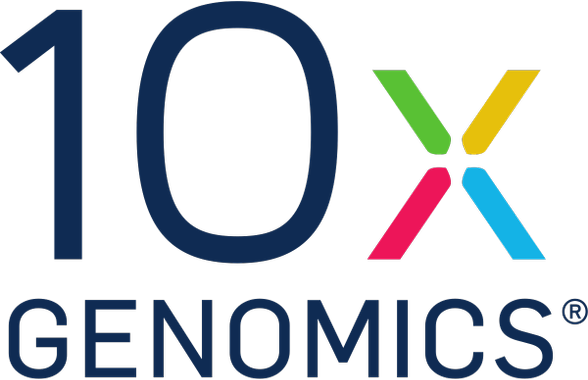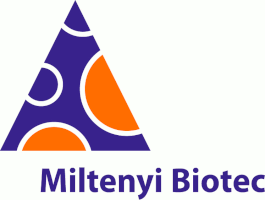About the Practical Course
Single cell genomics techniques have recently emerged as a powerful tool and already revolutionized the way we think about tissue heterogeneity, cell identity and gene regulation. We are at the beginning of a new era where these techniques are becoming standards and are universally applied for broad phenotyping and to answer biomedical questions.
While this field is rapidly evolving and thriving driven by a core single cell omics community, the lack of expertise on these approaches hinders many Institutions and laboratories to take the leap. Despite the wealth of tools being developed, the toolset often become a jungle for the new comer: where should we start from? What is the best tool for the purpose? How can we be sure we are interpreting the results correctly?
This EMBO Practical Course will empower researchers to use single cell technologies in their labs with confidence. It will teach the basics of single cell experimental and computational workflows guiding the participant from the tissue handling to the computational analysis. We will demonstrate the most common applications: single cell/nucleus RNA-seq and single cell ATAC-seq, with focus not only on the possibilities opened, but also on the bottlenecks, limitations and the strategies to overcome them.
Themes:
- Sample preparation (cells and nuclei) and protocol optimization
- Droplet-based single-cell/nucleus RNA-seq
- Droplet-based single-cell/nucleus ATAC-seq
- Computational analysis of NGS data from single-cell/nucleus RNA-seq
- Computational analysis of NGS data from single-nucleus ATAC-seq
- A guide to the interpretation of outputs and how to avoid common pitfalls
- Integrative OMICS – focus on transcriptome and epigenome
Objectives:
This courses seeks to facilitate the implementation of single-cell OMICS approaches in Institutions/labs by introducing the basics for its successful outcomes.
Our take home message is: “ Nobody is an expert to start with, just take the leap and let us guide you to become one”. In the end of the course we expect researchers to be able to perform transcriptomic and/or epigenomic experiments and be equipped with the tools to further develop their knowledge.
About EMBO Courses and Workshops
EMBO Courses and Workshops are selected for their excellent scientific quality and timelines, provision of good networking activities for all participants and speaker gender diversity (at least 40% of speakers must be from the underrepresented gender).
Organisers are encouraged to implement measures to make the meeting environmentally more sustainable.










